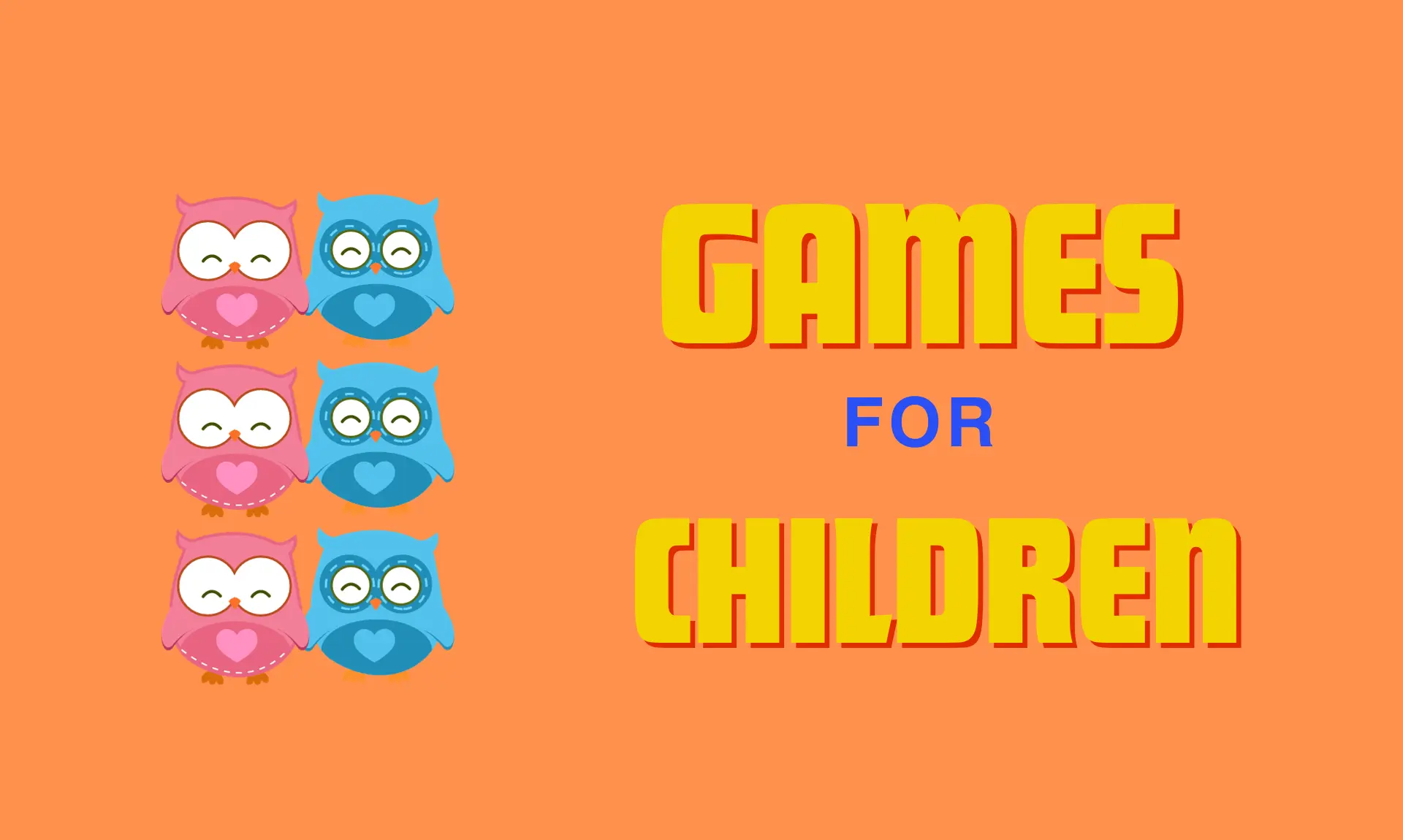Types of Emotions: A short snippet with examples
How many emotions do we experience?
Emotions are intricate and powerful states of being that influence our thoughts, behaviors, and interactions with the world around us. Understanding the various types of emotions is crucial in comprehending human experiences and improving emotional intelligence. Here, we explore some fundamental types of emotions along with illustrative examples.
Recognizing and acknowledging our emotions, as well as understanding the diverse range of emotions, is a crucial step towards a fulfilling and empathetic life. By cultivating emotional intelligence and incorporating healthy coping strategies, we can navigate the complexities of human emotions and lead a more harmonious life.


Each type of emotion plays a vital role in shaping our responses to various situations. Emotional awareness allows us to navigate life more effectively and empathize with others. Moreover, comprehending these emotions aids in managing stress and developing healthy coping mechanisms.
Emotions are the colors of the soul; when understood and embraced, they add vibrancy and depth to our human experience.
– Shahida Arabi
Emotions: The Guiding Force in Life’s Tapestry
Each type of emotion plays a vital role in shaping our responses to various situations. Emotional awareness allows us to navigate life more effectively and empathize with others. Moreover, comprehending these emotions aids in managing stress and developing healthy coping mechanisms.
Emotional Wisdom: Nurturing a Balanced and Harmonious Life
Acknowledging and understanding our emotions form the cornerstone of a meaningful and compassionate existence. Emotions are like signposts, providing valuable insights into our inner world. They are not to be suppressed or ignored, but rather acknowledged and embraced. This acknowledgment allows for a deeper comprehension of the intricate human emotional spectrum, leading to a richer life experience.
Emotional intelligence, a vital skill in this journey, involves recognizing, understanding, and managing emotions, both within ourselves and in others. When we cultivate emotional intelligence, we empower ourselves to respond thoughtfully to life’s circumstances. It enables us to pause, reflect, and choose our responses rather than react impulsively.
Furthermore, integrating healthy coping mechanisms into our daily lives is fundamental. These mechanisms serve as tools to process and manage our emotions constructively. Whether it’s through mindful practices, seeking support from loved ones, or engaging in creative outlets, healthy coping strategies equip us to navigate life’s challenges while maintaining emotional well-being.
In essence, by embracing and comprehending our emotions and nurturing emotional intelligence, we unlock the potential for a more balanced, enriched, and harmonious life.

latest video
news via inbox
Nulla turp dis cursus. Integer liberos euismod pretium faucibua





